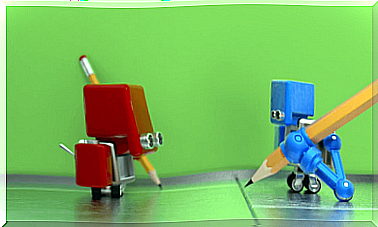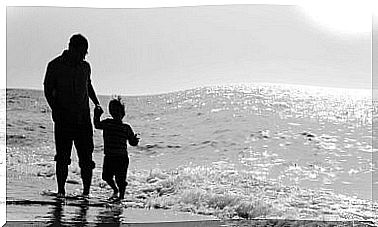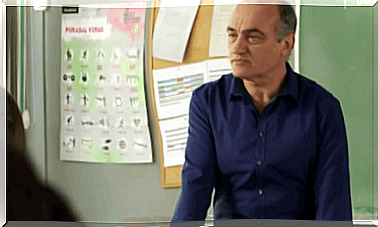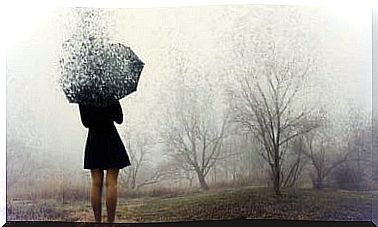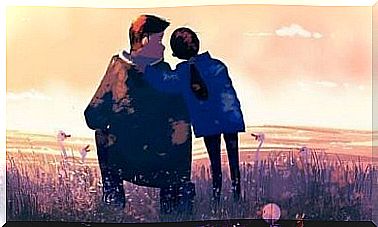Collective Memory And The Stories Of Our Grandparents
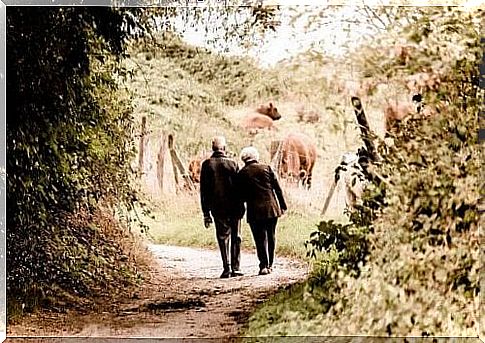
Some stories deserve to be told. That is why stories have been passed on from generation to generation since the beginning of time. We share our memories and interpretations of what happened in the past. “Collective memory” is the result of the transmission of these stories: it is based on memories that we pass on from generation to generation.
But what exactly are these stories? Stories are just interpretations of the past that we put together into narratives. The actions of the stories that occur in the collective memory have clearly defined beginnings and ends with a sequential and causal relationship. The focus is on events that the group assesses as important events. Furthermore, a narrative only becomes part of the collective memory of a group if the group accepts a particular narrative as an interpretation of the past.
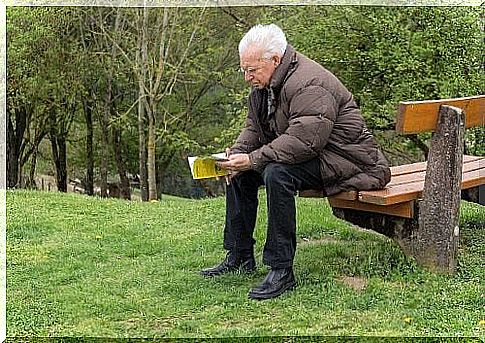
Distortions in the collective memory
The collective memory does not store an objective or neutral version of past events. Because the shared narratives were selected and adapted according to certain criteria. In other words, the group remembers what they want to remember. This means that their perception of the past is skewed.
Indeed, there is often an element of justification in collective memory. In the oral collective memory in particular, each generation distorts the original stories in order to adapt them to newer social views.
When our grandparents tell us about a great historical event, they tell us about the episodes they remember best. From those who shaped them the most. Depending on how they tell the story, they always take a stance on historical and political issues.
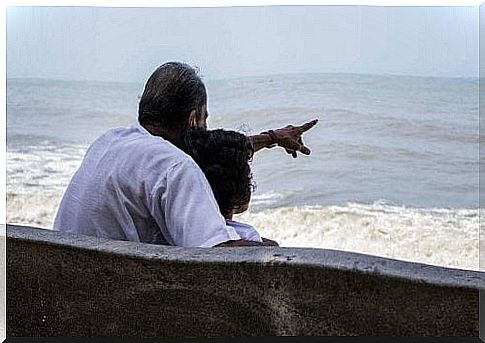
Types of collective memory
While collective memory is largely based on what is passed down orally, there are other ways to carry stories along. Other forms of collective memory are:
- Popular memory: representations of the past by members of society. Hence, popular memory is used e.g. B. reflected in the results of public opinion polls.
- Official memory: Here the interpretation of the past by the state institutions is important. We can see this in national museums and textbooks, for example.
- Autobiographical memory: This form of memory consists of the memories of people who have directly experienced historical events. Our grandparents are one of these people. In fact, it is a primary source for past construction.
- Historical memory: This denotes the way in which the scientific community recognizes the past.
- Cultural Memory: This is how society sees its past through journalism, memorial services, monuments, films and buildings.
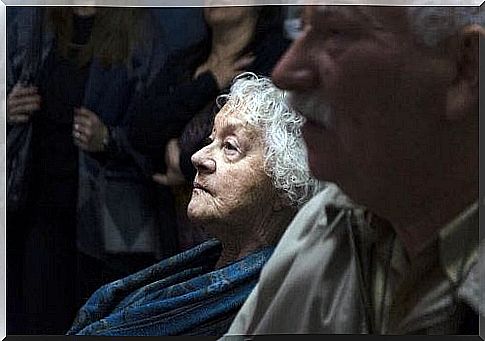
Collective memory: wars and conflicts
When narratives are about war or conflict, they are almost always selective and biased. They show an egocentric, simplistic perspective of what is happening.
In general, these narratives have at least four main themes:
- Presentation of a positive image of the group that the person telling the story belongs to
- Delegitimization of the rival
- Presentation of one’s own group as the only or most important victim
- Naming reasons or an attempt to justify the conflict
These narratives play an important role in conflicts. First of all, within the group or within the country. When a group adopts these narratives, they become part of their popular memory. These narratives consequently influence the psychological reactions of the members of the group and thus also their actions. Therefore, these narratives are very likely to portray the opponent in a negative light, while the own group is portrayed in a positive light.
In addition, attempts are also made to present the group positively in the international community. Among other things, this involves receiving support from other countries, be it in a moral, material or financial way.
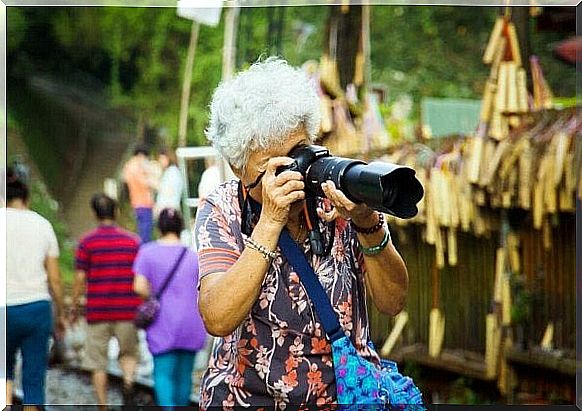
Consequences of a collective memory
Narratives that feed the collective memory of a conflict can become obstacles to peaceful resolution or reconciliation. Because they prevent group members from reaching a peace agreement with a rival whom they consider to be untrustworthy and generally see in a negative light. So, in a nutshell, one could say that a collective memory fed by biased narratives may get in the way of peace negotiations.
“We have two ears and a mouth so we can hear twice as much as we speak.”
Epictetus
Most of the time, the collective memory feeds itself only from the perspective of a group and is therefore often subject to prejudice. Instead, we should try to consider all perspectives. So let us also listen to the stories that do not correspond to our own collective memory. This is how we create a more precise picture of our past.
